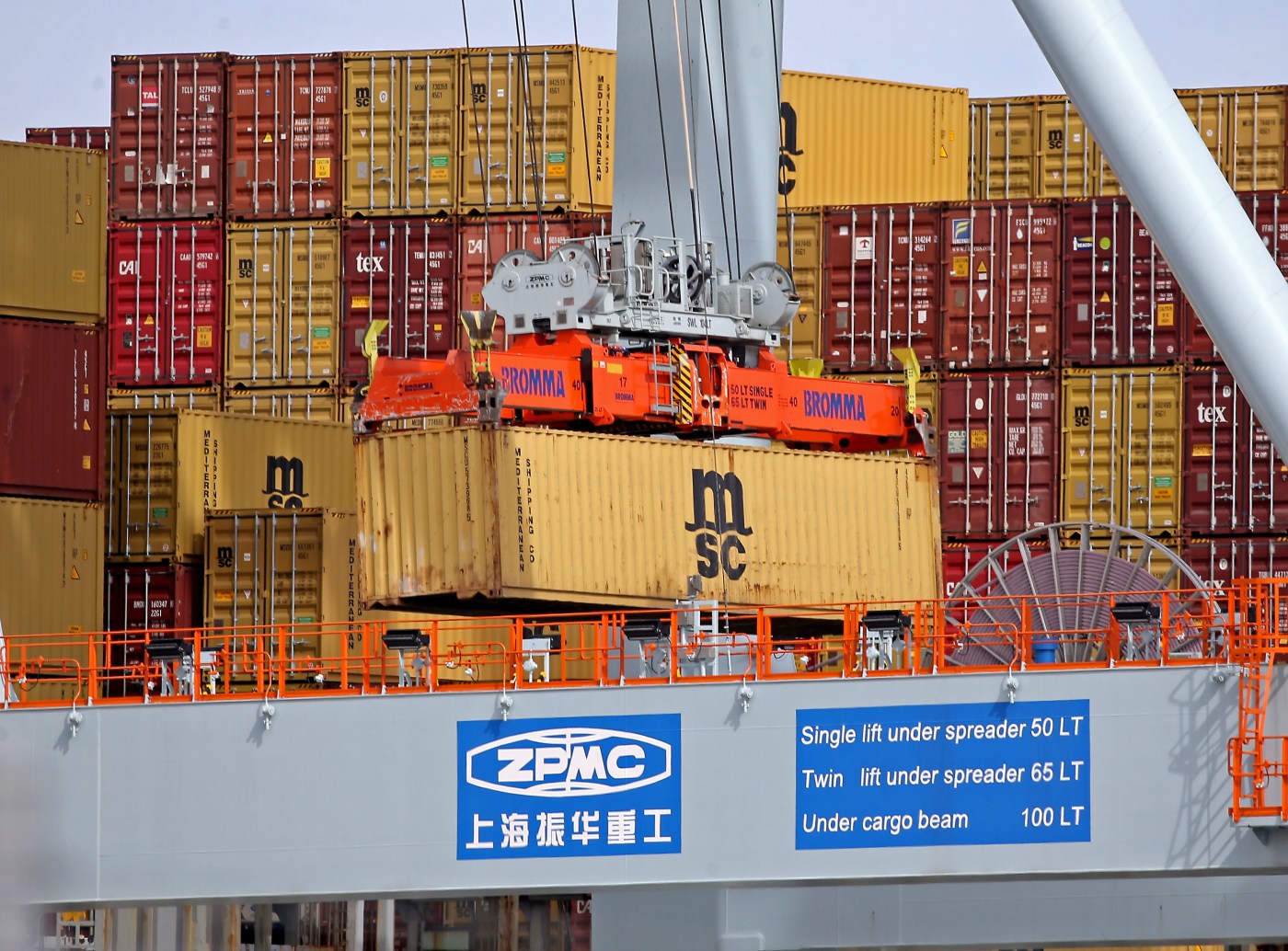
Business confidence plummets in Massachusetts amid tariff worries and shifting policies
Confidence among the state’s employers has fallen to the lowest level seen since the summer of 2020, a leading Bay State business group found.
According to the Associated Industries of Massachusetts, the March Business Confidence Index shows Massachusetts companies see themselves in a precarious position and feel pessimistic about the future, neither of which is a part of the recipe for business growth.
“Massachusetts businesses turned pessimistic during March as uncertainty surrounding tariffs and rising costs pushed employer sentiment to its lowest level since July 2020,” the group’s latest BCI reads, in part.
According to the March Index, the state’s businesses reported just 46% confidence in their ability to navigate future economic circumstances. That’s down 6.2 points from this time last year, and down 4.4 points from just last month when businesses were still feeling more or less optimistic about their prospects. An Index reading below 50, according to AIM, “indicates a pessimistic outlook.”
AIM’s Board of Economic Advisors Chair Sara Johnson said the “broadly based weakening of confidence” demonstrates that employers are anticipating the impact of “disruptive import and export tariffs together with uncertainty about federal tax and spending policies.”
“Meanwhile, the export-oriented Massachusetts economy appears to be downshifting, with payroll employment falling and unemployment rising in the first two months of 2025,” Johnson said in a statement.
The constituent indicators AIM uses to build the confidence index all slid into pessimistic territory, according to the business group, and employers are reporting that confidence in their own businesses has fallen.
A large portion of the blame for the slide toward pessimism can be chalked up to President Donald Trump’s plan for broad tariffs on foreign goods, which have companies guessing about which costs may go in the near term.
Bay State employers are “deeply engaged in global trade,” according to Michael Tyler, AIM’s Board of Economic Advisors Vice Chair and former chief investment officer at Eastern Bank, and “the prospect of high tariffs can be terrifying — especially for companies whose supply chains can’t easily be revamped.”
“So, it’s not at all surprising that confidence plunged in the past two months, especially among manufacturers, even before President Trump’s announcement of much more severe tariffs in early April. Lower confidence can itself lead to lower spending and eventually a recession, making this month’s Business Confidence survey results particularly concerning,” Tyler said.
The Manufacturing Index fell 7.5 points to 45.1% from February to March. The Current Index, “which assesses overall business conditions at the time of the survey,” fell 3.5 points to 47.9%, and the Future Index — which looks at conditions six months from now — fell 5.3 points to 44.2%. The U.S. Index of national business conditions, AIM reports, fell to “its lowest level in five years” to land at 36.6%.
Confidence tracked better in the Bay State than nationally but was still in pessimistic territory as the Commonwealth Index dropped 1.8 points to 44.7%, a decline of 7.6 points from March of last year.
“One Massachusetts company told us that a $1 million contract set for March was cancelled with less than 48-hours notice. Another manufacturing company estimates that tariffs will increase costs by $2 million – all of which would be passed on to customers,” Thomson said.
AIM surveys more than 140 Bay State businesses to produce their monthly index, the first of which was published in July of 1991. According to AIM, business confidence hit historic highs in 1997 and 1998, with two months in either year showing 68.5% confidence, and hit a low in February of 2009, when it was 33.3%.


